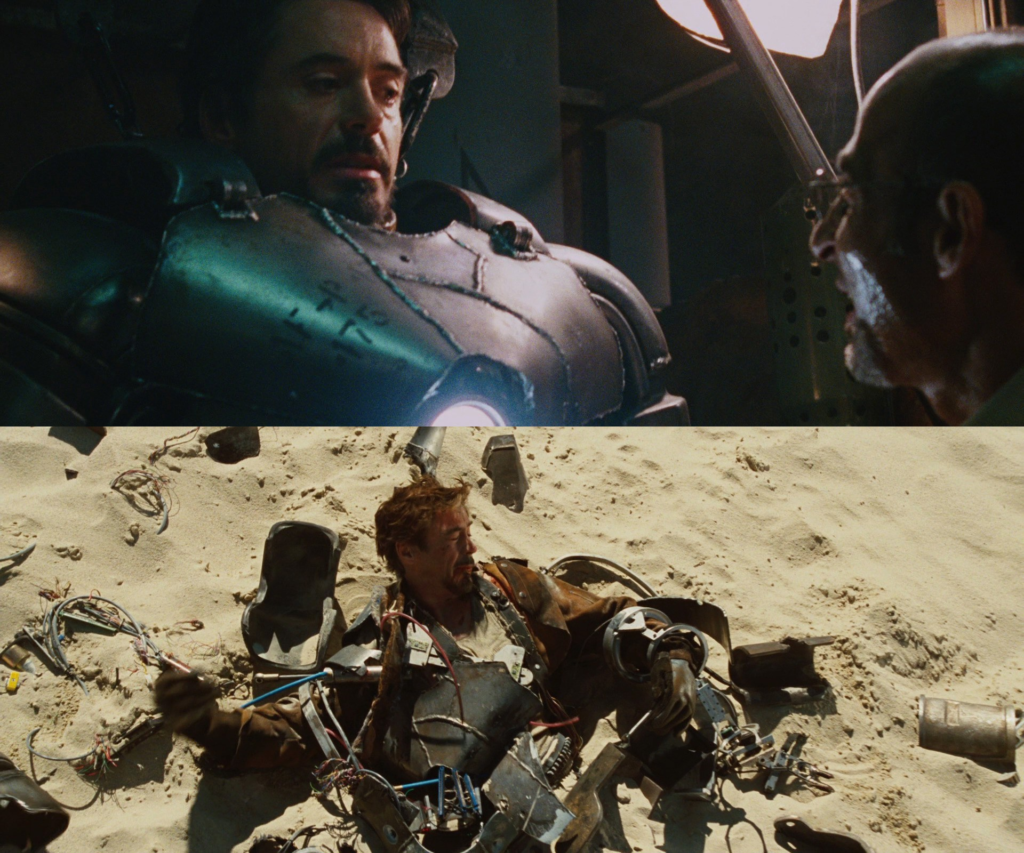
As a VC generalist, it is tough to identify great opportunities. By definition, being a generalist means you are an expert in nothing. This post is not about the importance of being a VC generalist vs. a specialist. I covered that topic in another blog. So how does an investor get comfortable with different markets, companies, and value propositions to get a yes? There are three ways.
Consensus: This is sadly the most used and laziest way. VCs will send a company’s decks to other fund managers to see their thoughts. These colleagues that look at the opportunity may spend less than 2-minutes browsing the deck before giving an opinion. That opinion will generally seal the fate of the founder with an investment decision. Another way is for an investor to see who the other people that are investing, and they rely on their judgment and diligence. Again another poor indicator of future performance.
Bias: Investors are the most biased people on the planet. We generally decide on one, if lucky, two data points of our experience to make a decision. We like founders that remind us of successful founders that we backed and the truth works in reverse. We are closed-minded towards business models or GTM strategies that have failed in previous startups.
Discovery: This is when you talk to experts in the field about a company’s value proposition. That can include investors (but not solely on them), but primarily operators. Identifying who is the space and why they are in it are imperative to form your prescriptive lens of making a decision. I also pay for expert network services to get super granular information on a market.
An opinion, bias, and discovery are data points that come up to an eventual thesis. A fully balanced discovery is the best way not to find yourself making a “sucker pass.”









